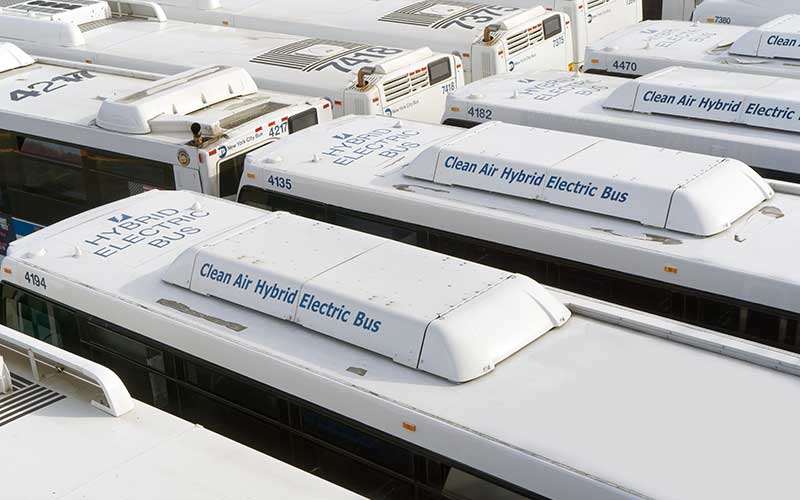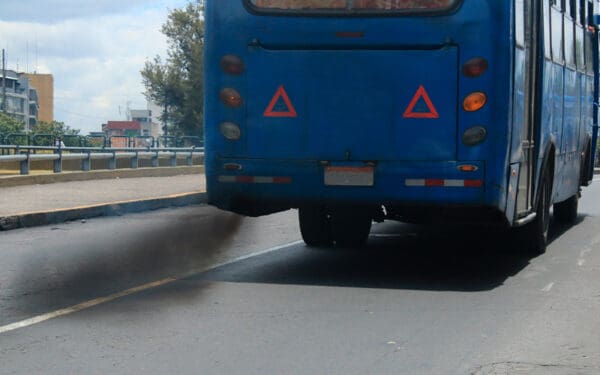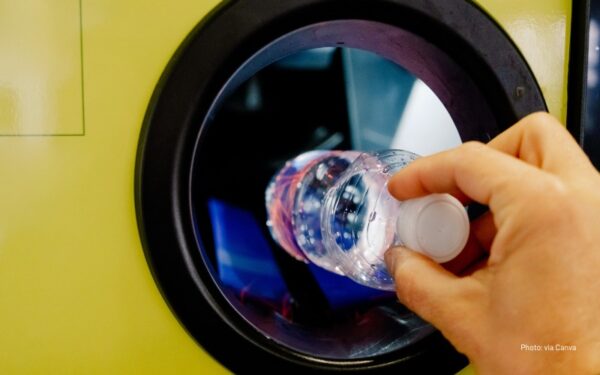
Electric vehicles, like these buses, slash climate and air pollution – which is why we're celebrating the adoption of these rules. Photo: Shutterstock.
As I’m writing this, in the beginning of December, I can’t help but think about how mild Vermont’s weather is right now. We’ve got some rain, small flurries, and chilly temperatures, sure – but nothing like the December snow I remember even just a few years ago. My kids and I could count on great days for sledding by this time of year – or on ice skating if the skies had been clear. It’s one of the things I love about Vermont: the classic New England winter and the ways we can enjoy playing outside, in the snowy cold.
There’s a reason why our winters are becoming milder each year. Pollution that warms our atmosphere is changing our climate. In fact, Burlington’s winters have warmed more over the last 50 years than any other place in the country. This warming means less snow for sledding and less ice for skating – like we’re experiencing right now.
That’s one reason I’m celebrating Vermont’s recent adoption of rules that will help slash pollution that warms our climate. The State’s Agency of Natural Resources recently approved new rules that will increase the availability of electric, pollution-free vehicles in Vermont.
Let’s look at why this is a win for our climate and Vermont’s families.
More Electric Vehicles Help our Health and Climate
Transportation is the largest source of polluting emissions in the country and in Vermont. Worse, the same fuels that damage the climate (like deadly diesel) also release tiny toxic particles and gases that clog our air. Which is why making electric vehicles more widespread and accessible is critical for protecting our climate and the health of the people we love.
That’s where the Advanced Clean Cars II Program and Advanced Clean Trucks rules come in. These standards, which were originally developed in California, require car manufacturers to produce increasing numbers of electric, pollution-free vehicles each year.
Under the Federal Clean Air Act, other states are allowed to adopt California’s standards – which are stricter than the federal government’s requirements. That’s what Vermont did this month.
What these Rules Mean for Vermont
These rules apply to vehicle manufacturers, not individual car buyers. They send a signal that Vermont is ready for more electric cars, trucks, and other medium- to heavy-duty vehicles to hit the market. The goal of these rules is to make these vehicles more accessible and widespread across the state.
And it’s not a new goal. In fact, companies like General Motors have already pledged to go fully electric by 2035. By adopting California’s standards, Vermont (among other New England states) is signaling to automakers that they are making the right move – and that more automakers should follow suit.
Finally, by ensuring a steady supply of electric vehicles, the new standards will help boost the availability of used vehicles as well. Paired with financial incentives the state legislature has already supported, these standards will help more families and businesses be able to afford clean vehicles.
Moving Forward with Transportation
I am thrilled that Vermont is taking steps to slash climate- and air-damaging pollution spewing from our cars, trucks, and buses. Adopting the clean cars and trucks rules shows us that state leaders are committed to meeting our climate mandate and protecting the health of Vermont’s families and environment.
But we can’t stop here. Not everyone can drive or afford to drive – but everyone does deserve to get where they need to go. Clean, affordable transportation options should be accessible to everyone – and that means we have more work to do. We need to ensure that people can commute without cars if they can’t afford one through reliable and convenient public transportation or ridesharing. We need to continue to work to make electric cars more affordable for all Vermont families. So, while we celebrate this win in Vermont, we here at CLF look forward to doing that work with you – for the sake of our health and our future.
Dale Azaria is a CLF Senior Fellow.



